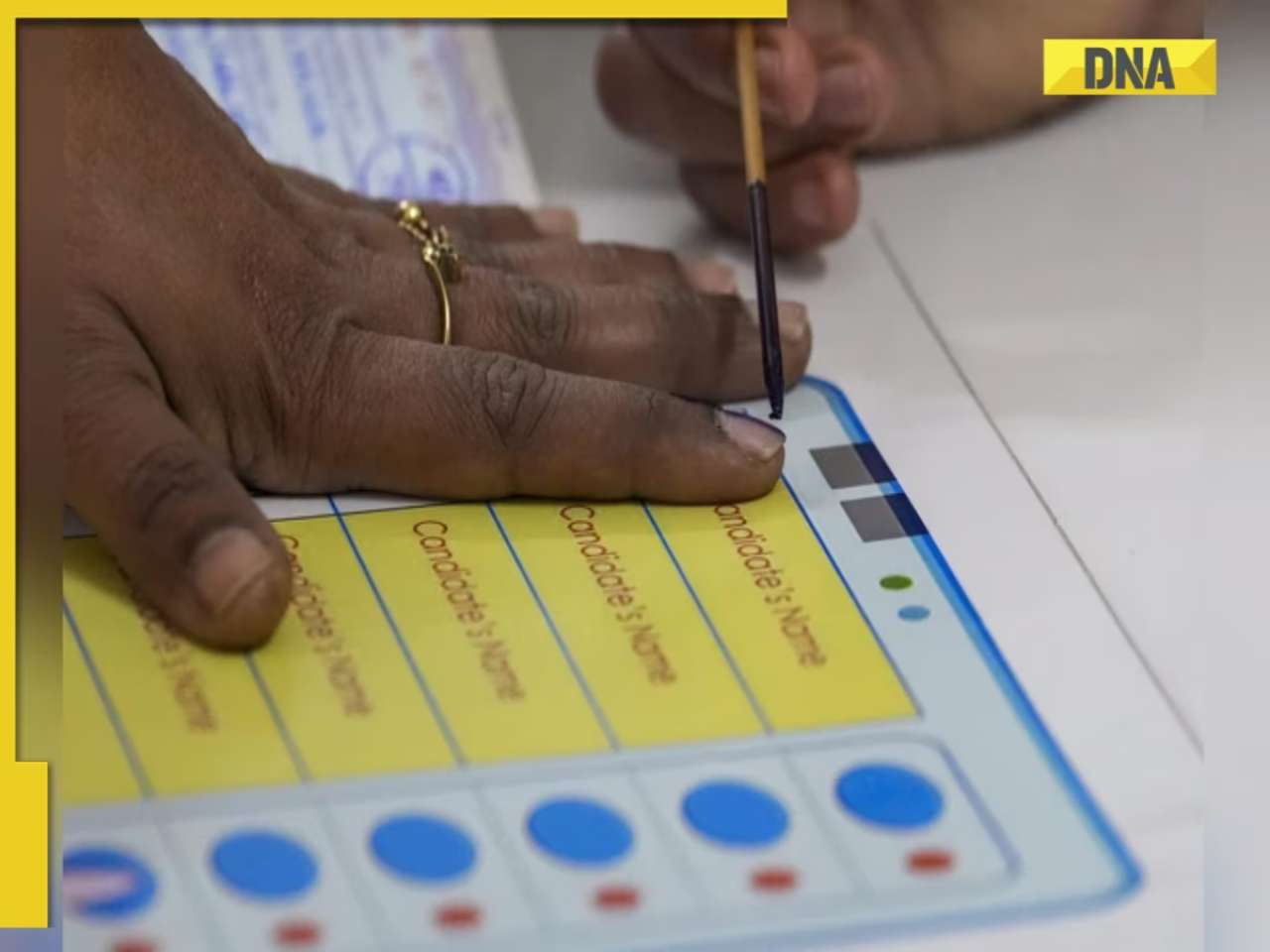This will be a partial solar eclipse, which means the Moon will cover only a part of the Sun– so the eclipse won't be total, but still a noteworthy event for skywatchers.
The second and final Solar Eclipse of 2025 will occur on the night of 21 September, continuing into 22 September. According to the Hindu Panchang, also known as Surya Grahan, will begin at 11:00 PM IST and conclude at 3:23 AM IST. A Solar Eclipse occurs when the Moon passes between the Sun and Earth, blocking the face of Sun partially or completely.
Solar Eclipse 2025: Will it be visible in India?
In the month of Ashwin, this astronomical occurrence falls on the Amavasya tithi, or new moon day, of Krishna Paksha. India will not be able to see this solar eclipse, but areas like New Zealand, southern Australia, Fiji, and portions of Antarctica will be able to. The sutak period, which is customarily observed before and during eclipses, will not apply here since it will not be visible from the country.
Vedic astrologers emphasize the spiritual and astrological significance of this solar eclipse in 2025, despite the fact that it will not be visible throughout India. Saturn will cast its aspect from Pisces, and the Sun, Mercury, and Moon will all be in Virgo. Those born under the sign of Virgo and those whose birth nakshatra is Uttara Phalguni are especially thought to benefit from this special astrological alignment. It is considered a good period to concentrate on self-discipline, spiritual pursuits, and using cosmic energy for personal development.
What is Solar Eclipse?
When the Moon passes between the Earth and the Sun, it creates a shadow that partially or completely covers the Sun's light. This phenomenon is known as a solar eclipse. Only a bit of the Sun is blocked by the Moon during a partial solar eclipse. Depending on the viewer's location and the eclipse's timing, only specific regions of the world can see this kind of eclipse.
For many people worldwide, the final solar eclipse of 2025 is a significant astronomical event, even though it won't be seen from India. As always, it serves as a reminder of our tiny size in relation to the vastness of space and how the cosmos is still moving in ways that we are still discovering. Eclipses continue to pique our interest and serve as a reminder of the universe's eternal rhythm, regardless of whether we perceive them via a scientific or cultural lens.
Find your daily dose of All
Latest News including
Sports News,
Entertainment News,
Lifestyle News, explainers & more. Stay updated, Stay informed-
Follow DNA on WhatsApp.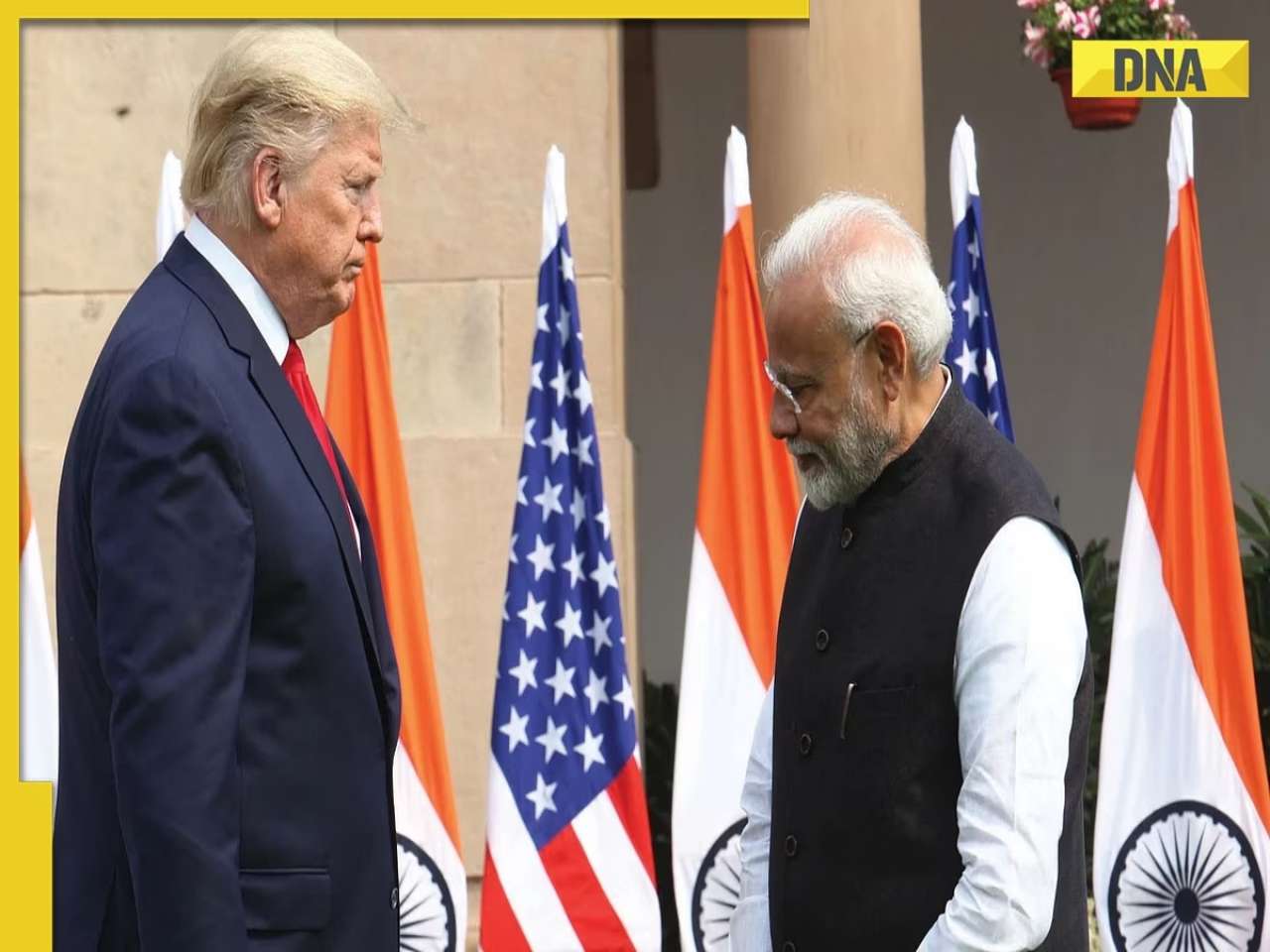 'We're negotiating with India...': US President Donald Trump after declaring 25% tariff plus penalty
'We're negotiating with India...': US President Donald Trump after declaring 25% tariff plus penalty  Meet woman, who studied 8 hours a day to fulfill IAS dream, cracked UPSC exam on 3rd attempt with AIR...; know about her preparation strategy and more
Meet woman, who studied 8 hours a day to fulfill IAS dream, cracked UPSC exam on 3rd attempt with AIR...; know about her preparation strategy and more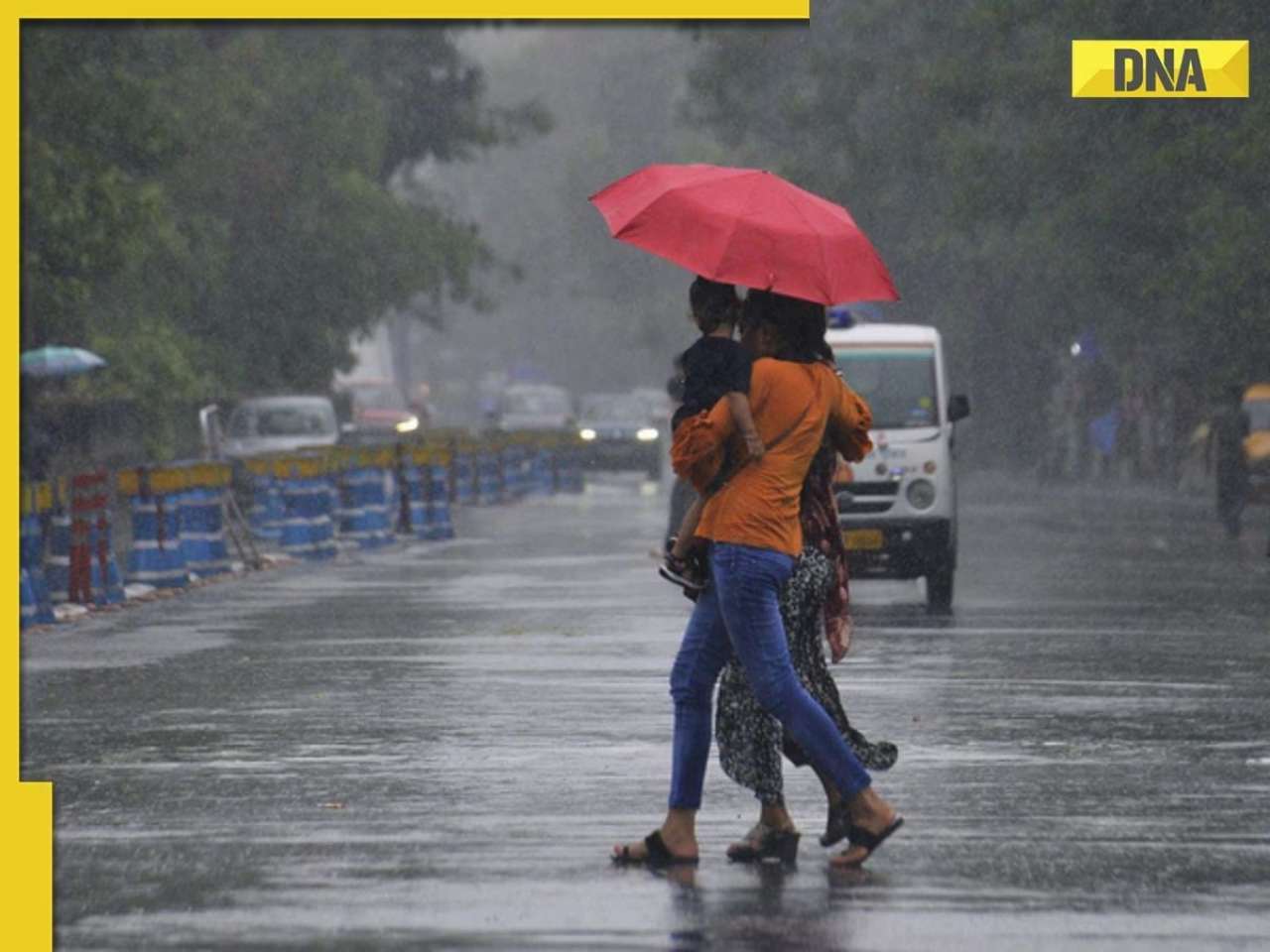 Delhi weather: Heavy rain lashes Delhi-NCR again, IMD predicts thunderstorm today
Delhi weather: Heavy rain lashes Delhi-NCR again, IMD predicts thunderstorm today Nandinee Kashyap arrested: Eyewitnesses say Assamese actress 'fled from scene without offering help', deceased student's family reveals 'she promised them...'
Nandinee Kashyap arrested: Eyewitnesses say Assamese actress 'fled from scene without offering help', deceased student's family reveals 'she promised them...' Donald Trump announces US-Pakistan deal to develop 'massive' oil reserves in Pakistan, says they might sell to 'India some day'
Donald Trump announces US-Pakistan deal to develop 'massive' oil reserves in Pakistan, says they might sell to 'India some day' Tata Harrier EV Review | Most Advanced Electric SUV from Tata?
Tata Harrier EV Review | Most Advanced Electric SUV from Tata? Vida VX2 Plus Electric Scooter Review: Range, Power & Real-World Ride Tested!
Vida VX2 Plus Electric Scooter Review: Range, Power & Real-World Ride Tested! MG M9 Electric Review | Luxury EV with Jet-Style Rear Seats! Pros & Cons
MG M9 Electric Review | Luxury EV with Jet-Style Rear Seats! Pros & Cons Iphone Fold: Apple’s iPhone Fold Could Solve Samsung’s Biggest Foldable Problem | Samsung Z Fold 7
Iphone Fold: Apple’s iPhone Fold Could Solve Samsung’s Biggest Foldable Problem | Samsung Z Fold 7 Trump News: Congress Seeks Answers On Trump's Alleged Mediation In Operation Sindoor
Trump News: Congress Seeks Answers On Trump's Alleged Mediation In Operation Sindoor Who is Mira Murati? Former OpenAI CTO who rejected Mark Zuckerberg-led Meta's whopping Rs 8,700 crore offer to join...
Who is Mira Murati? Former OpenAI CTO who rejected Mark Zuckerberg-led Meta's whopping Rs 8,700 crore offer to join... Mukesh Ambani plans BIG move as Reliance Consumer in talks to acquire majority stake in...
Mukesh Ambani plans BIG move as Reliance Consumer in talks to acquire majority stake in... Meet man, Indian-origin executive, who once worked at Accenture, now set to lead Air New Zealand as...
Meet man, Indian-origin executive, who once worked at Accenture, now set to lead Air New Zealand as... Good news! Amid TCS layoffs, Narayana Murthy's Infosys to hire 20000 freshers in...
Good news! Amid TCS layoffs, Narayana Murthy's Infosys to hire 20000 freshers in... PM KISAN 20th installment: PM Modi to release funds on THIS date, check eligibility and other details
PM KISAN 20th installment: PM Modi to release funds on THIS date, check eligibility and other details Ravi Dubey-Sargun Mehta begin shooting for their new project in Varanasi on Shravan Somwar; SEE PICS
Ravi Dubey-Sargun Mehta begin shooting for their new project in Varanasi on Shravan Somwar; SEE PICS Aneet Padda’s dreamy pastel pink saree from Saiyaara with Ahaan Panday is all over your mind? Get her look for just Rs...
Aneet Padda’s dreamy pastel pink saree from Saiyaara with Ahaan Panday is all over your mind? Get her look for just Rs... Nita Ambani, Isha Ambani embrace natural beauty at Vikas Khanna’s iconic New York restaurant, see pics
Nita Ambani, Isha Ambani embrace natural beauty at Vikas Khanna’s iconic New York restaurant, see pics When Life Gives You Tangerines, The Glory and other gripping K‑dramas that drew inspiration from real-life events
When Life Gives You Tangerines, The Glory and other gripping K‑dramas that drew inspiration from real-life events Raksha Bandhan 2025: Top 5 getaways to celebrate sibling bond
Raksha Bandhan 2025: Top 5 getaways to celebrate sibling bond Delhi weather: Heavy rain lashes Delhi-NCR again, IMD predicts thunderstorm today
Delhi weather: Heavy rain lashes Delhi-NCR again, IMD predicts thunderstorm today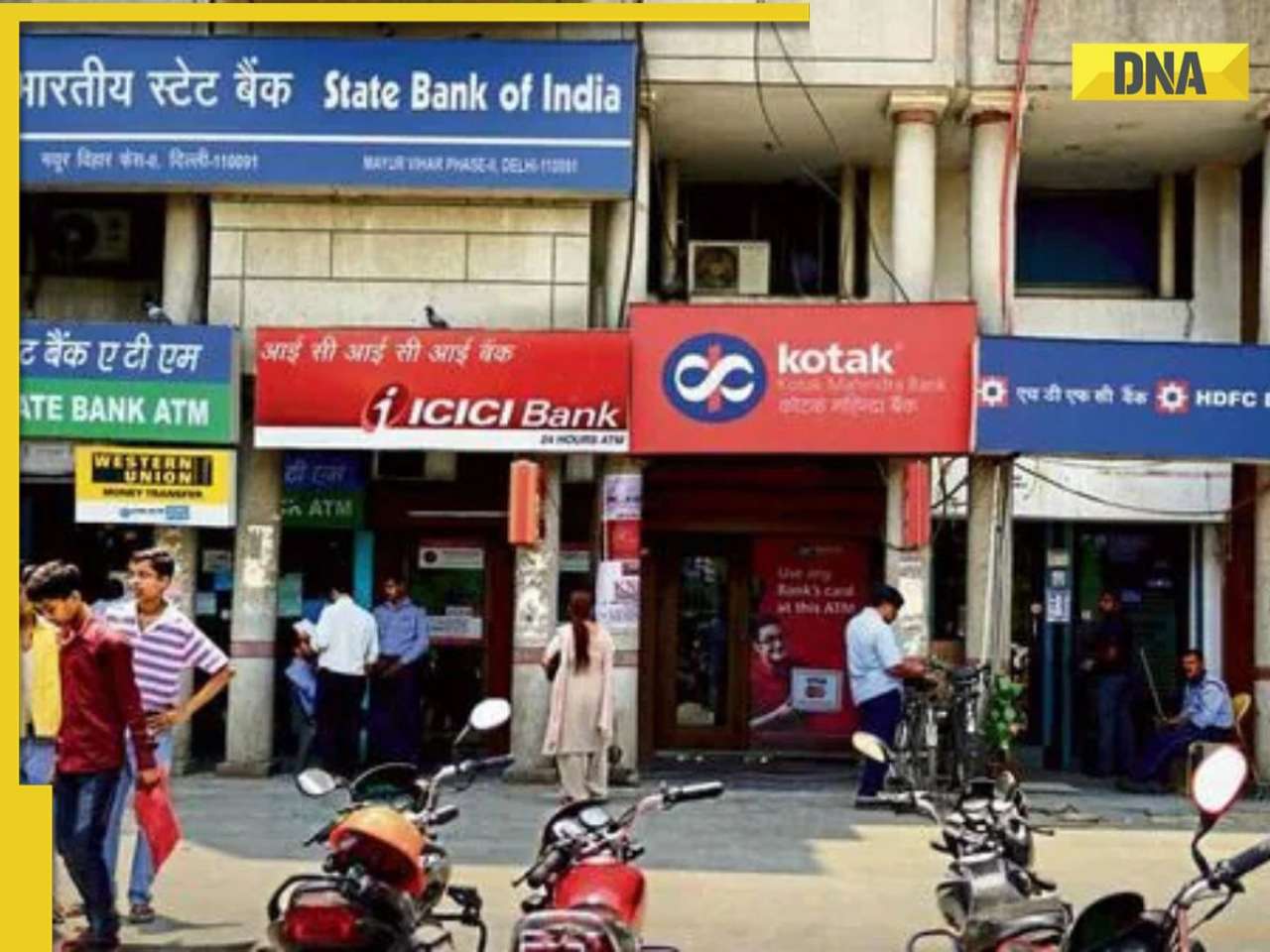 Good news for customers, government is rolling out NEW reforms in Bank laws, will be effective from...
Good news for customers, government is rolling out NEW reforms in Bank laws, will be effective from... IAS Rinku Singh Rahi transferred day after doing sit-ups in front of lawyers to admit...
IAS Rinku Singh Rahi transferred day after doing sit-ups in front of lawyers to admit... 2 Army personnel dead, several injured as boulder falls on convoy vehicle in Ladakh
2 Army personnel dead, several injured as boulder falls on convoy vehicle in Ladakh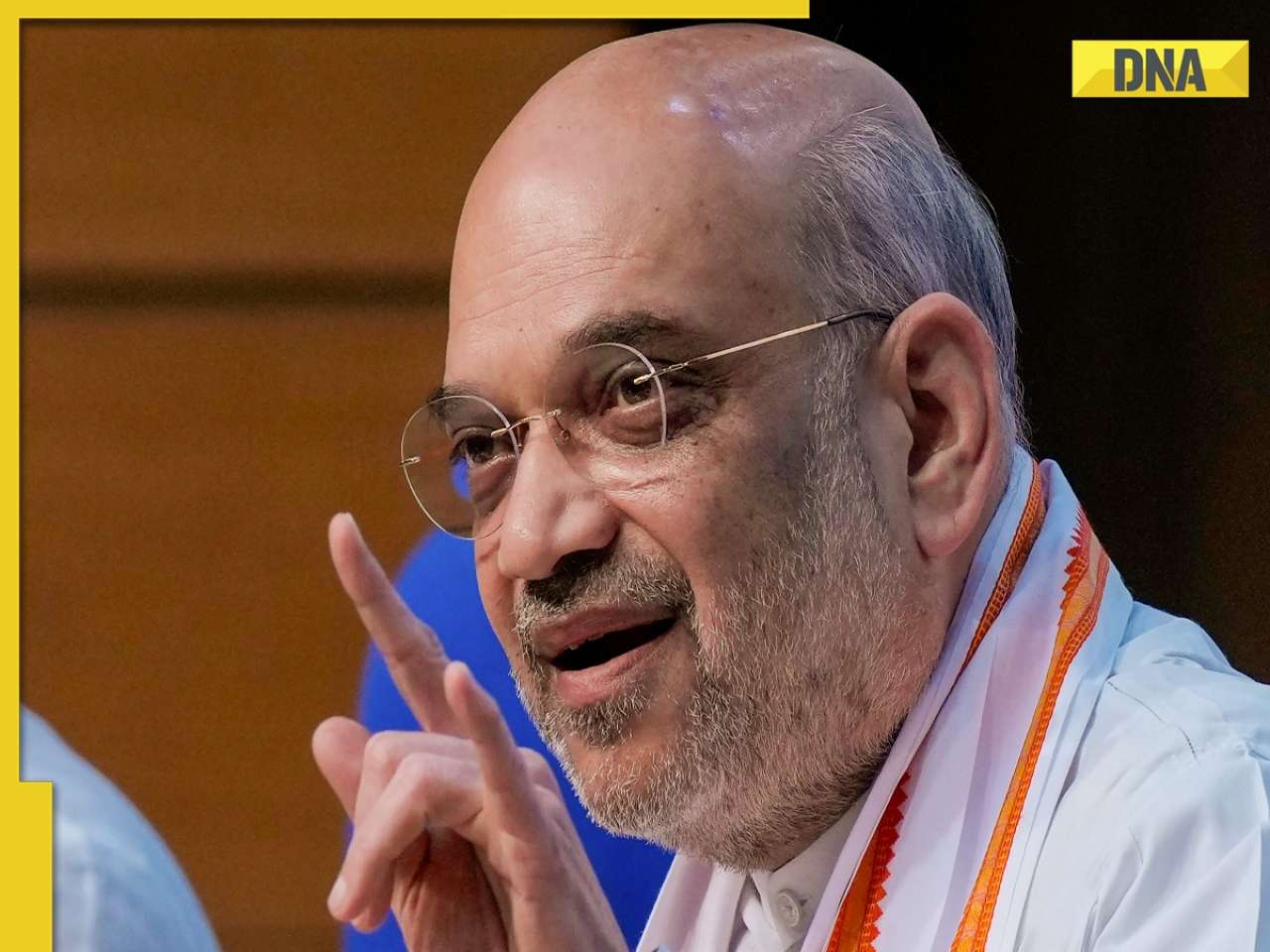 Amit Shah's BIG statement in Rajya Sabha, says, 'Even today, Pakistan able to do terror attacks but...'
Amit Shah's BIG statement in Rajya Sabha, says, 'Even today, Pakistan able to do terror attacks but...' Meet woman, who studied 8 hours a day to fulfill IAS dream, cracked UPSC exam on 3rd attempt with AIR...; know about her preparation strategy and more
Meet woman, who studied 8 hours a day to fulfill IAS dream, cracked UPSC exam on 3rd attempt with AIR...; know about her preparation strategy and more CBSE Class 10, 12 Compartment Exams result expected on...; here's how you can download it
CBSE Class 10, 12 Compartment Exams result expected on...; here's how you can download it Meet woman, a DU graduate, sister of a Chartered Accountant, who cleared UPSC exam on her third attempt with AIR..., she is...
Meet woman, a DU graduate, sister of a Chartered Accountant, who cleared UPSC exam on her third attempt with AIR..., she is... Meet woman, who lost her home in 2004 tsunami, cracked UPSC exam twice, is sister of IPS officer, currently posted as...
Meet woman, who lost her home in 2004 tsunami, cracked UPSC exam twice, is sister of IPS officer, currently posted as... Meet man, whose father sold his house to fund his son's education, later cracked UPSC exam at the age of 23 in first attempt, his rank was..., he is from...
Meet man, whose father sold his house to fund his son's education, later cracked UPSC exam at the age of 23 in first attempt, his rank was..., he is from... Maruti Suzuki's e Vitara set to debut electric market at Rs..., with range of over 500 km, to launch on...
Maruti Suzuki's e Vitara set to debut electric market at Rs..., with range of over 500 km, to launch on... This is world’s most expensive wood, cost of 1kg wood is more than gold, its name is..., is found in...
This is world’s most expensive wood, cost of 1kg wood is more than gold, its name is..., is found in... This luxury car is first choice of Indians, even left BMW, Jaguar, Audi behind in sales, it is...
This luxury car is first choice of Indians, even left BMW, Jaguar, Audi behind in sales, it is... Kia India unveils Carens Clavis: Check features, design changes, price and more; bookings open on...
Kia India unveils Carens Clavis: Check features, design changes, price and more; bookings open on... Tesla CEO Elon Musk launches most affordable Cybertruck, but it costs Rs 830000 more than older version, it is worth Rs...
Tesla CEO Elon Musk launches most affordable Cybertruck, but it costs Rs 830000 more than older version, it is worth Rs...











)
)
)
)
)
)
)
)
)
)
)
)
)
)
)
)

